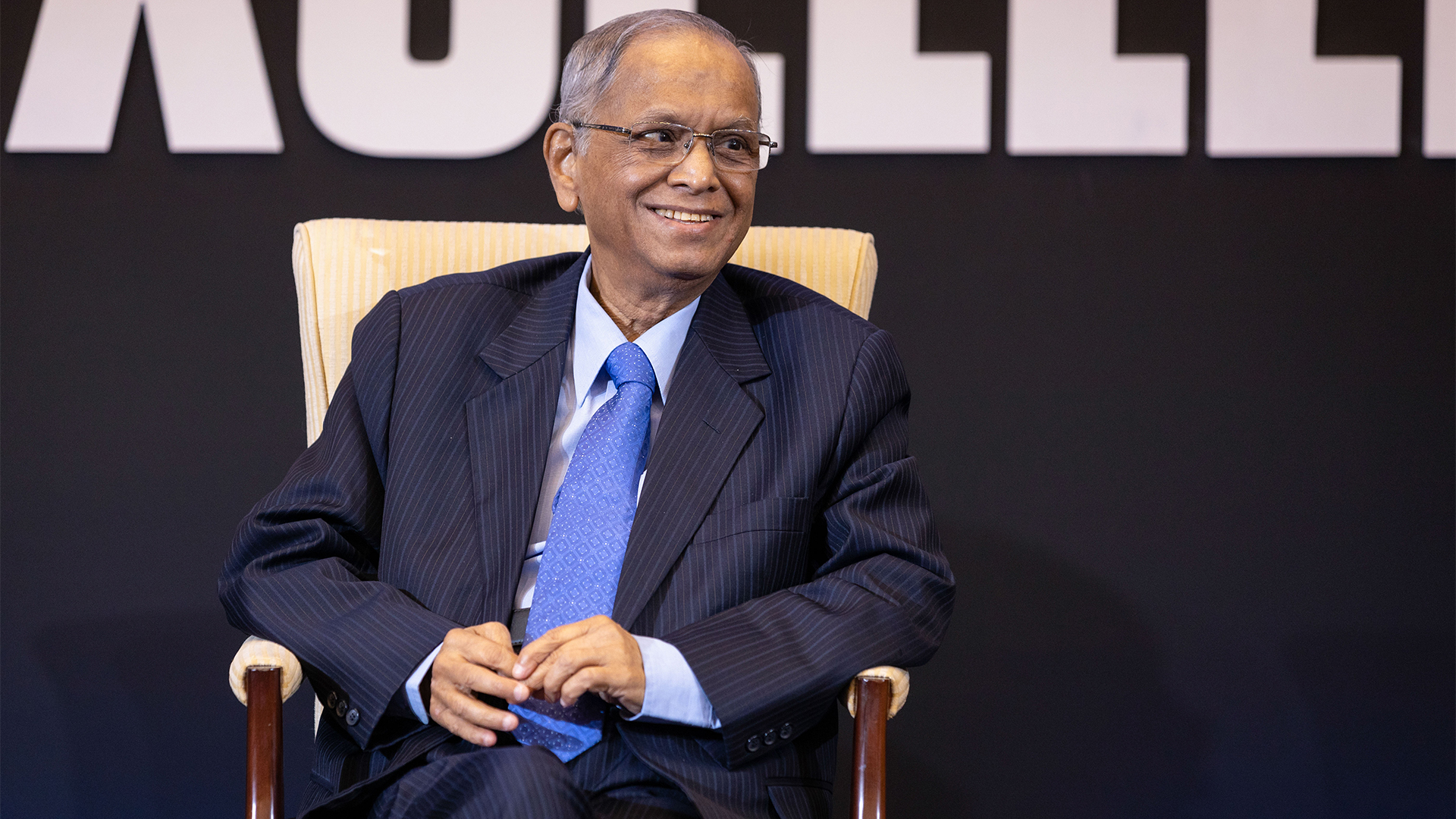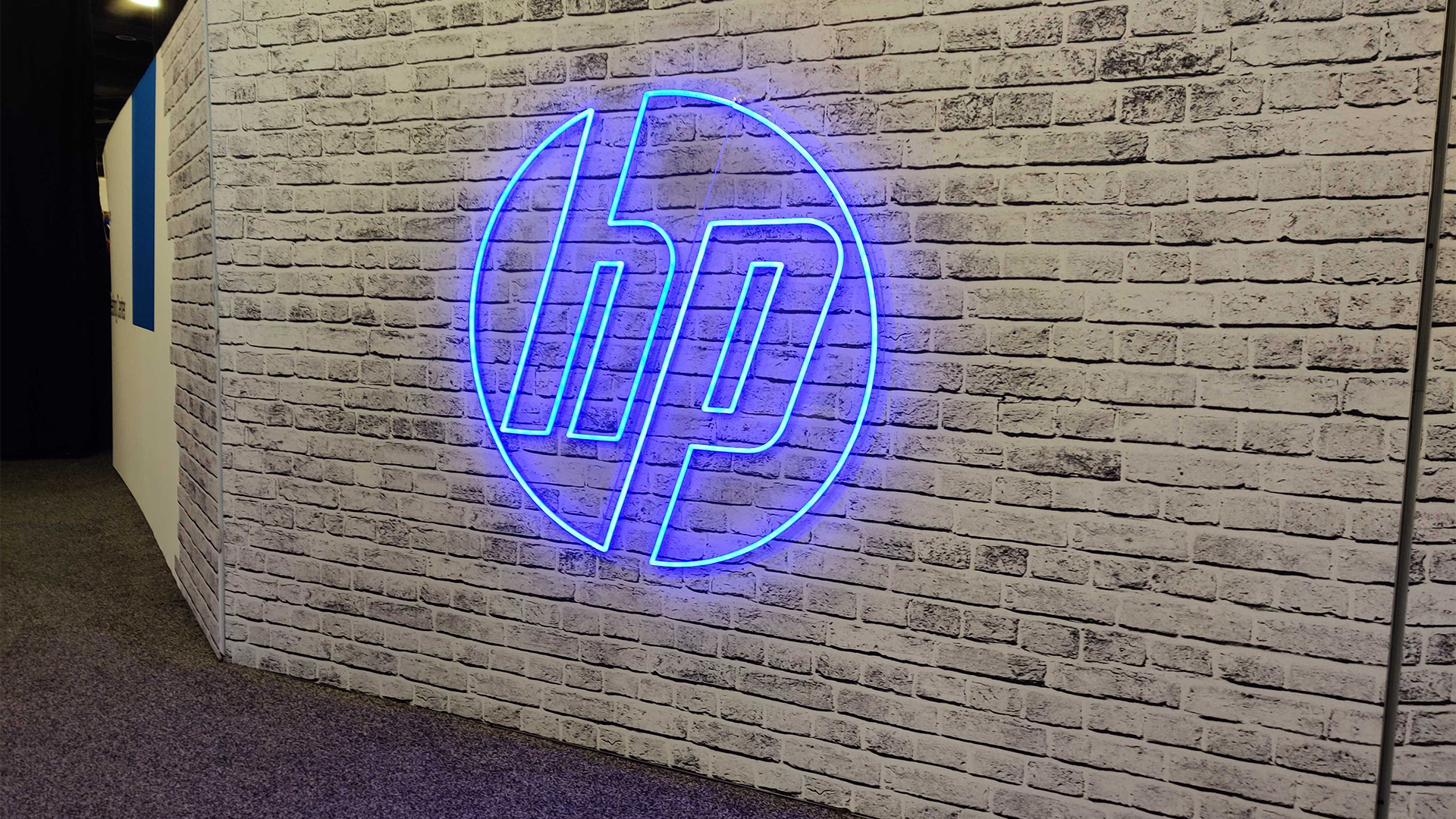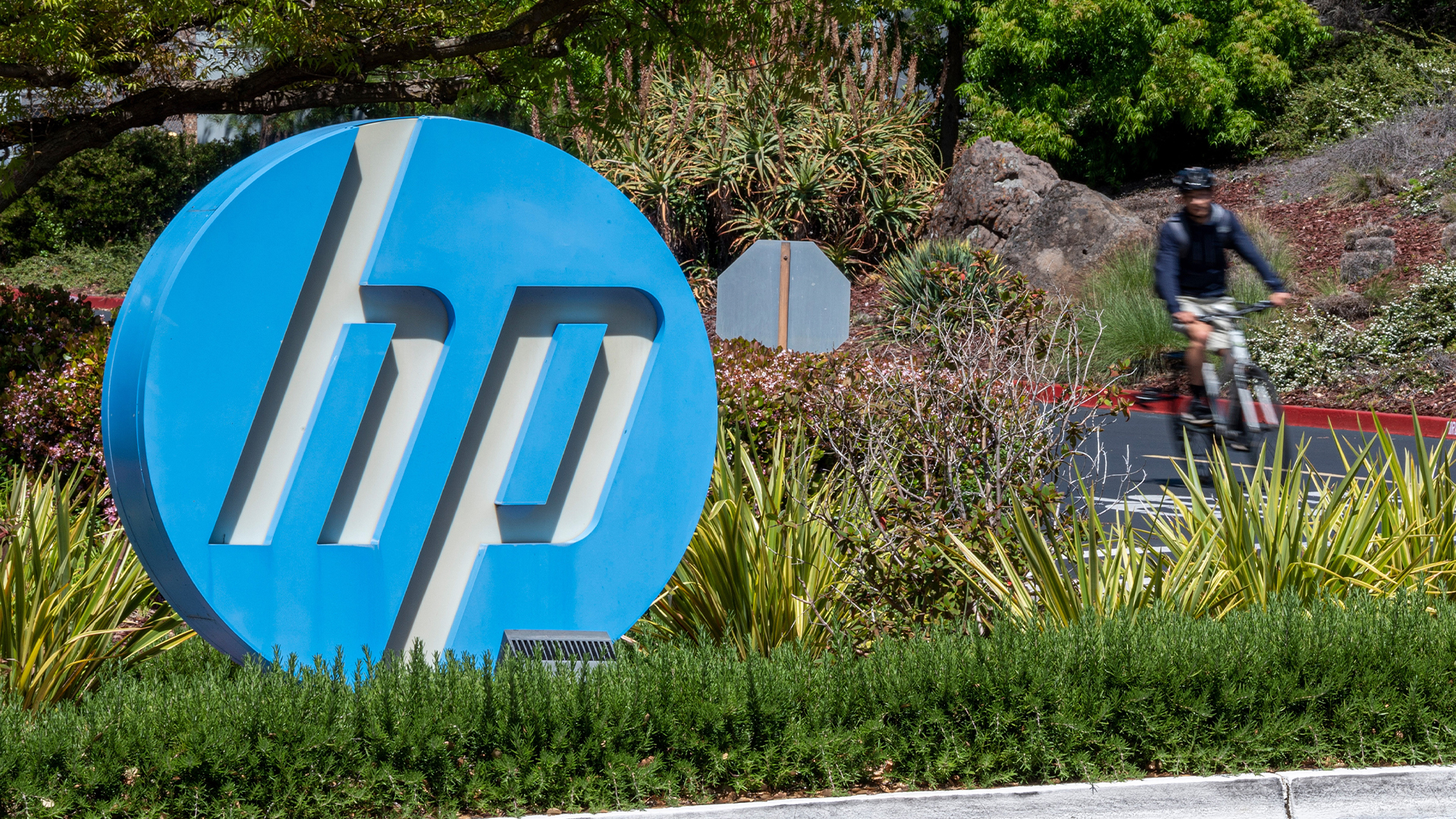Office of the future needs tools and cultural change
Agility and flexibility are key, but a change in mindset around the workplace is key to achieving success

The office of the future is more likely to be one where agile working is the norm rather than the traditional view of having to be present behind a desk.
That was one of the main talking points of a roundtable discussion in London on 20 April. Hosted by IT Pro editorial director, Maggie Holland, and put on in associated with HP and Microsoft, attendees were united in their view that building a successful future workplace is as much about cultural change as it is technology.
Steve Brooks, an analyst at Creative Intellect Consulting and former CIO of Savills, said that the move to viewing work as an activity rather than as a place has barriers.
He said that agile working was coming to the fore; that it's about bringing people, processes, connectivity, technology, time and place together to find the most effective way of working to carry out a task.
"The biggest barrier is people," he said. "You need to change the mindset, you need to embrace agile working, take them on a journey."
But changing the mindset may be difficult as there are now five generations of people in the workplace, each with different needs and ways of working. While millennials are entering the workforce, bringing in their own style of collaborative working and incorporating agile working, older workers still needed to be catered for. This can mean for many wanting your own private working space.
"Whether that's a cultural thing or a generational one is difficult to know," Brooks added.
Sign up today and you will receive a free copy of our Future Focus 2025 report - the leading guidance on AI, cybersecurity and other IT challenges as per 700+ senior executives
The emergence of business networks, where companies rely more on their supply chain partners means that collaboration technology is critical to ongoing success.
"As well as office automation software, you need software to collaborate securely, not only with those within the organisation but also with those outside the organisation, the customers and throughout the whole supply chain," said Brooks.
AI is another workplace development to think about, with Brooks suggesting its emergence is further changing job roles.
"In the end, a lot of organisations will need to have a lot more creative thinking," he said. "the day-to-day mundane stuff is going to be done by AI. People will need to be creative thinkers, they need to collaborate. It is about doing agile work, sitting in teams, discussing opportunities. Doing the things that humans are good at."
Paul Lomax, CTO at Dennis Publishing (IT Pro's parent company), told delegates the office of the future didn't mean all employees working from home. Nor did it mean that everyone had to turn up on a particular day to attend meetings.
"We are trying to promote a culture of not needing to turn up to the office to have a meeting. We have video conferencing facilities. Our digital teams are used to being at a meeting without having to be at a meeting."
Rob Epstein, head of Windows product marketing at Microsoft, said that when his firm consolidated its London offices in the first few weeks everyone turned up to see the new office and found there was not enough space as the company embraced more agile ways of working.
"When it settles down, people then find there are enough desks and spaces to carry out work," he said. He warned that for some employees, there was a tendency to hog the best monitors and other equipment. To get around that, he advised organisations to put "lovely 27-inch monitors everywhere" for employees to use as well as the right dongles for connectivity to encourage employees to be less territorial.
He added that people need access to everything and "technology needs to shrink into the background so people can just get on with their work".
David Birchall, head of project delivery/head of application support at Allied Bakeries said that his company was just beginning to "have a toe in the water". It has its own office space, but the challenge is making this space work.
"If you want to make space work, you need to give people the tools to use the space," he said.
Rene Millman is a freelance writer and broadcaster who covers cybersecurity, AI, IoT, and the cloud. He also works as a contributing analyst at GigaOm and has previously worked as an analyst for Gartner covering the infrastructure market. He has made numerous television appearances to give his views and expertise on technology trends and companies that affect and shape our lives. You can follow Rene Millman on Twitter.
-
 Infosys co-founder Narayana Murthy called for a 70 hour week last year — now he says that’s not enough
Infosys co-founder Narayana Murthy called for a 70 hour week last year — now he says that’s not enoughNews Murthy thinks longer hours akin to China’s '996' approach are the key to success
-
 Microsoft could be preparing for a crackdown on remote work
Microsoft could be preparing for a crackdown on remote workNews The tech giant is the latest to implement stricter policies around hybrid working without requiring a full five days in the office
-
 IT professionals aren’t budging on flexible work demands – and more than half say they’ll quit if employers don’t meet expectations
IT professionals aren’t budging on flexible work demands – and more than half say they’ll quit if employers don’t meet expectationsNews Analysis from Randstad shows 40% of UK-based IT pros have quit over a lack of flexible work options, while 31% of workers globally have done the same.
-
 HP’s sustainability drive is paying off for channel partners
HP’s sustainability drive is paying off for channel partnersNews Channel partners that bought into HP’s sustainability program saw sales increase as customers react positively
-
 ‘We think that selling everything helps the customer’: HP wants to supercharge its partner program to support a new market strategy
‘We think that selling everything helps the customer’: HP wants to supercharge its partner program to support a new market strategyNews HP has enhanced its partner program to encourage channel partners to sell its entire range of products and solutions.
-
 'The tide seems to be turning towards office attendance': 64% of hybrid business leaders want staff back in the office – but many worry that enforcing RTO mandates will drive employees away
'The tide seems to be turning towards office attendance': 64% of hybrid business leaders want staff back in the office – but many worry that enforcing RTO mandates will drive employees awayAnalysis Many UK business leaders want their staff back in the office more frequently, but they’re scared to implement return to office (RTO) mandates in fear of worker revolts.
-
 Employees are dead set on flexible working arrangements – three quarters would turn down a role that didn't offer hybrid options as work-life balance becomes more important than pay
Employees are dead set on flexible working arrangements – three quarters would turn down a role that didn't offer hybrid options as work-life balance becomes more important than payNews New research shows workers are increasingly demanding flexible working arrangements from employers.
-
 Nearly half of tech workers are seeking new roles – declining employee benefits and reduced flexible working options have staff looking elsewhere
Nearly half of tech workers are seeking new roles – declining employee benefits and reduced flexible working options have staff looking elsewhereNews While salaries are rising for tech workers, other benefits are in decline, leading to a fall in job satisfaction


